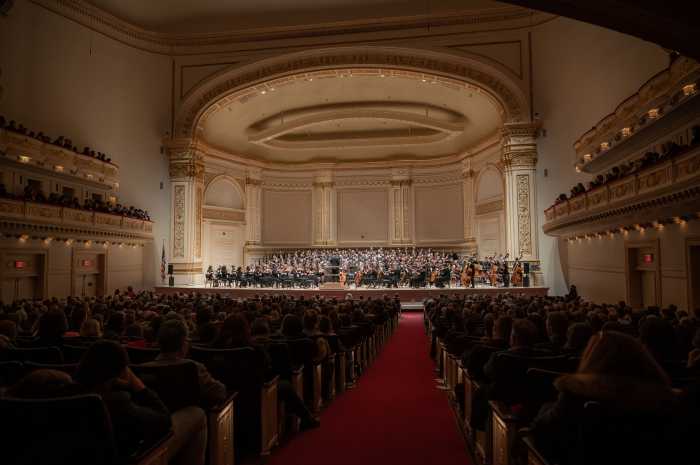The president has taken some flak for comments he has made about the high court, in wake of the nine justices being asked to rule on the healthcare reform act’s constitutionality. Obama has voiced his consternation about the justices, “unelected” as they are, as he made sure to stress, claiming the power to scuttle legislation passed by the Congress. The president had been all along insisting that the court would let stand the legislation that is generally seen as the pinnacle of his domestic agenda objectives to date. What prompted his barb at the Supreme Court is anybody’s guess. But of course it wasn’t the first time he has ventured there.
Obama famously used the occasion of a State of the Union address to chide the court after it had cleared the way for Super PACs to engage in unrestrained funding of political campaigns – an opening of the floodgates to the extremes of crass commercialism we’ve seen exhibited in campaigns of late and that will assuredly dominate the space when this fall’s presidential and other jousts get going in earnest.
There’s a case to be made, perhaps, for the president (who, as a former law school teacher of constitutional law, doesn’t lack for bona fides in this area) having gone over the top in knocking decisions taken by the court. But such frustration by Obama or anyone else is not about the court per se but about the politicized institution the highest court in the land so often has come to be. In their wisdom the Founding Fathers devised a separation of powers document in which the judicial branch was ideally supposed to bring to heel the legislative and/or executive branch of government where necessary. Along the way, amidst charges of being “activist” from executive/legislative types holding opposing views, the court has asserted itself as to what is and isn’t legislatively permissible under the Constitution. For the most part, though, the court’s membership being political appointees has been a reality impossible to ignore. When the opportunities arise the politicians occupying the presidency invariably nominate to the court individuals whose judicial philosophy they believe mirrors their own. Never mind any rhetorical slicing and dicing, that’s just the way it is.
In living memory, perhaps the ground-breaking actions of the celebrated Warren court in the middle of the last century are the standout instance of justices confounding expectations of politicians to whom they owe their elevation. Beginning with Chief Justice Earl Warren, who was nominated by Republican President Dwight Eisenhower, the justices became known for a series of rulings that would fundamentally impact American society, Brown v. Board of Education the biggest game-changer of them all. No such luck with the current court, however.
The court as currently constituted pretty much reinforces the notion of political influence as an integral element of decision making by the justices. In the instant case concerning healthcare reform legislation, there’s absolutely no mystery surrounding who would be voting to overturn the act. During the public phase of the proceedings last month, when legal arguments were presented, the non-participatory presence of Clarence Thomas was typical, as he continued his ignominious run as the biggest embarrassment to people of color in a role of major prominence in this country. Likewise will there be no surprise from Antonin Scalia whose reputed intellect evidently precludes anything but a strictly conservative ideological interpretation of every matter before the court. Chief Justice John Roberts, too, is hardly expected to rock the boat on the conservative wing of the court. And predictably, the same could be said of the other George W. Bush appointee, Samuel Alito.
As so often happens, how this court rules comes to rest on where Justice Anthony Kennedy comes down on an issue. Small wonder it would be if Kennedy were by now pretty sick of the “swing vote” label that is continuously applied to him.
But so, very well, could it be with the president’s healthcare legislation. If he has compromised its chances of passing muster with the court by speaking out about what he sees as overreach in the justices presuming to strike down the act, it would be further unsettling confirmation of this court’s inability to soar above politics in its deliberations upon a given matter. Again, adhering to form, the progressive wing votes of Stephen Breyer, Ruth Bader Ginsburg, Elena Kagan and Sonia Sotomayor are a given.
To the idealists among us, there’s no doubt a longing for justices with the mettle of the now retired John Paul Stevens, who came to the high court courtesy of Republican President Gerald Ford and evolved to be one of the anchors of its progressive wing. Or the brethren of the Warren court who in some instances took a pass on going the party line route in favor of doing what was thought to be the right thing.
President Obama may have lost his cool or been tactless or may even have felt it necessary to boldly assert his displeasure over what essentially would be a political imperative driving the court’s decision on a piece of hard-fought, landmark legislation. Truth be told, the president, in so doing, was only expressing the sentiments of many in the body politic who feel that the highly political cast to today’s Supreme Court is clearly not what this institution was intended to be.























